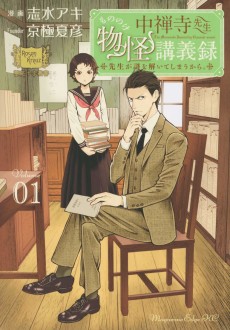CHUUZENJI-SENSEI MONONOKE KOUGIROKU: SENSEI GA NAZO WO TOITESHIMAU KARA.
STATUS
COMPLETE
EPISODES
12
RELEASE
June 23, 2025
LENGTH
24 min
DESCRIPTION
Our setting is in Tokyo in 1948, just right after the war. Kanna Kusakabe had just become a second-year at a high school when she meets the new language teacher, Akihiko Chuuzenji.
Mysterious supernatural things keep happening around Kanna. Once again today, Kanna is going to open the doors to the library prep room to seek help from the surly Chuuzenji-sensei who is waiting inside.
A high school supernatural mystery featuring the unlikely duo between a teacher and a high school girl is about to begin!
(Source: Pony Canyon, edited)
CAST
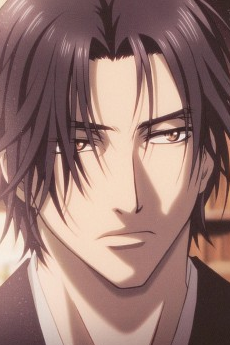
Akihiko Chuuzenji
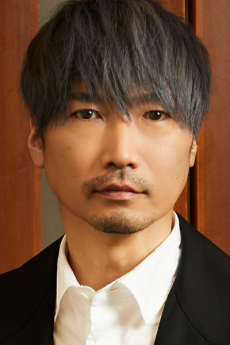
Katsuyuki Konishi

Kanna Kusakabe

Kaori Maeda
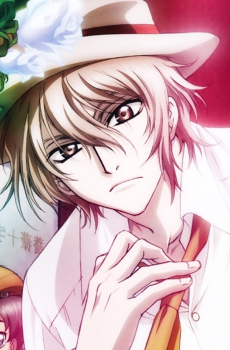
Reijirou Enokizu
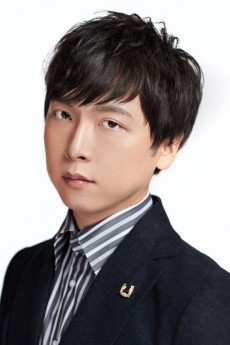
Shinnosuke Tachibana
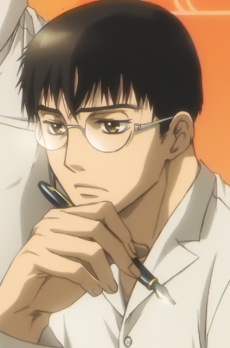
Tatsumi Sekiguchi
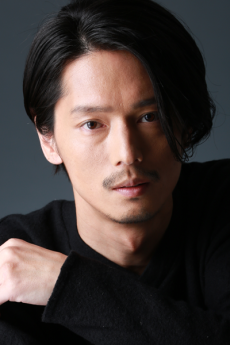
Shuuya Nishiji
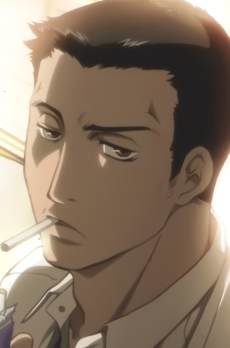
Shutarou Kiba

Takanori Hoshino
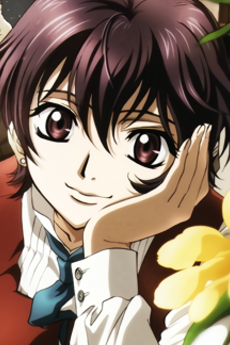
Atsuko Chuuzenji

Ai Furihata

Hanayo Renjou

Yukiyo Fujii

Shizue Minoda
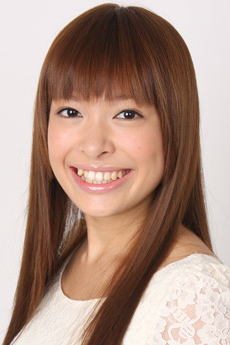
Saki Ogasawara

Ryouko Ogawa
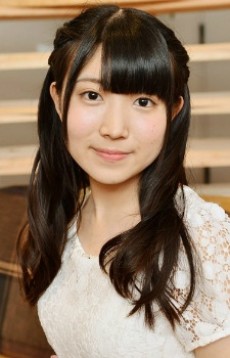
Hikaru Akao

Zakuro
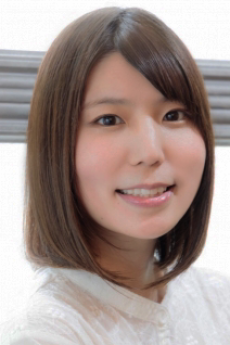
Chitose Morinaga

Souichirou Enokizu
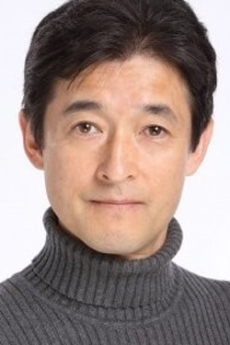
Mitsuru Miyamoto
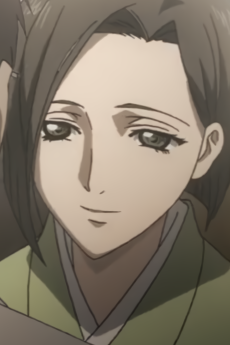
Yukie Sekiguchi
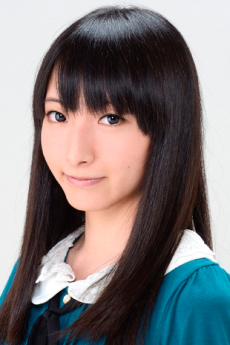
Kaoru Sakura

Takeshi Kouda
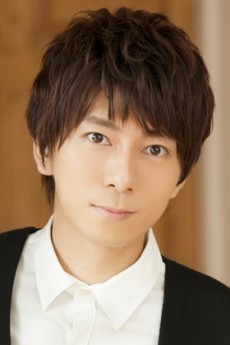
Wataru Hatano
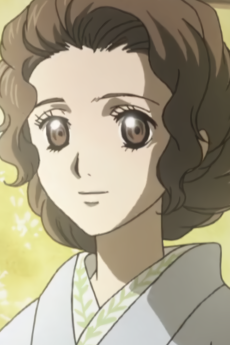
Chizuko Chuuzenji
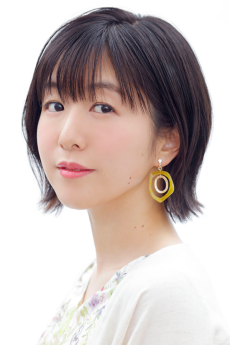
Ai Kayano
EPISODES
Dubbed
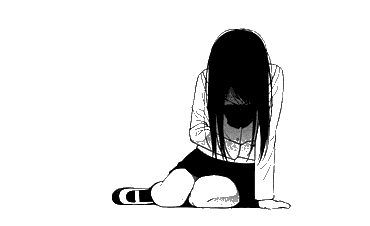
Not available on crunchyroll
RELATED TO CHUUZENJI-SENSEI MONONOKE KOUGIROKU: SENSEI GA NAZO WO TOITESHIMAU KARA.
REVIEWS

Scheveningen
60/100A fairly decent drama with some charm in its period setting that sadly only has the veneer of a mystery in its storiesContinue on AniListChuuzenji-sensei is a decent drama that uses the veneer of being structured as a mystery and having a period setting to tell some fairly charming stories in an anthology format. It is quickly made clear that the supernatural elements are just aesthetic, with all the mysteries having grounded explanations, but the summary could have been more specific to avoid any viewers expecting a more fantastical premise. While the show is also pitched as a mystery series, a closer inspection quickly reveals it only has the story structure of one given the mysteries themselves lack much intricacy, or even fairness in how they are eventually solved. This is not necessarily a dealbreaker since being along for the ride can be entertaining, even if it is disappointing that the narrative could not achieve both. The characters themselves are charming enough but also almost entirely static, with their role being mostly limited to vehicles for solving the mysteries. This places a great deal of pressure on the stories to be engaging in their own right, which is then hampered by their inconsistent quality. Things never dip to the point of becoming unwatchable or boring, but suspension of disbelief does regularly come under pressure with how the solutions to the mysteries at times rely on an incredible amount of contrivance. This is not helped by how the initial supernatural appearance of some mysteries can be paper thin. The show would likely have been better off if it accepted having a mixture of ostensibly supernatural mysteries and clearly ordinary social problems. It would have helped the show better paint a picture of the time period it is set in, which it does have inklings of but never really embraces as one of its core objectives. The only other cultural element that is touched upon is the use of the supernatural appearance of the mysteries to have Chuuzenji convey some information about the origin of these beliefs. This all still comes together to make for a moderately entertaining and quirky drama, but it does not do anything particularly interesting with its characters or setting to be noteworthy.
The framing of the series as a mystery anthology does give each episode a sense of inherent purpose that the viewer can take for granted. It follows the general structure of most mysteries with an inciting incident prompting Chuuzenji and Kanna to investigate or be drawn into the problem. However, it is painfully light on bringing any attention to the clues or the lines of reasoning used by the characters. Although Chuuzenji fills the role of Sherlock to Kanna’s Waston in this story, we do not get to hear his thoughts or rationale and are seldom made aware of information he acquires or inherently knows. To the show’s credit, it is concealed to a degree since the narrative is framed almost entirely from Kanna’s point of view, which appropriately makes us privy primarily to only her inner thoughts. As expected for the Watson character, most of her deductions or lines of reasoning do not go particularly far in solving the case, but crucially different from the norm is that she rarely has full access to the clues or pieces of information that are eventually used in the solution. Much of these mysteries are resolved with Chuuzenji coming in to essentially explain the answer, at times without even scenes of him doing much investigation. There is still the pretence of a fair mystery since the clues he uses are technically presented to the viewer at some point, but barely any emphasis is placed on them to give the viewer more information, sometimes only presenting them in a fleeting scene without any commentary or context.
The mysteries are then often resolved by using inferential leaps, which do have a logic to them but were impossible for the viewer to arrive at with any certainty through only rational deduction or inference. This is not to say the mysteries are particularly intricate or well crafted. If anything, they likely cannot be drawn out beyond the current length of being established and resolved in the same episode with how few actual moving parts there are. But more so that any viewer with even a modicum of genre savviness can anticipate the solution because of how blatantly supposedly unrelated or thematic information is presented in parallel to the mystery without any immediate rational connection. Alternatively, Chuuzenji at times comes in to essentially explain how he already solved the mystery because he simply knows more external information instead of it being based off deductions. The show does try to frame it as him having his suspicions he then confirms off-screen without informing Kanna. However, this remains generally unsatisfying because we are not privy to his thought process until the conclusion. And despite the same solution being potentially obvious to the viewer as well due to a process of elimination or storytelling necessity, there is no way for the viewer to means test that unlike the characters. Even if the show does have the subtitle of "He Just Solves All the Mysteries", it goes out of its way to conceal information as a less than graceful form of narrative sleight of hand.
Despite this lacklustre way of telling a mystery, the scenarios themselves as more of a drama are generally still passable. The constant need to thematically tie each mystery to some kind of perceived supernatural phenomenon, folktale, or urban legend does leave some stories weaker than others. Particularly those episodes that have more to do with grounded issues in post-war Japan, like in the Blue Cloak or Wicker Basket Man mysteries, often feel like they have at best only a tangential link to the initial supernatural hook, if any at all. Even when the mysteries are more directly related to cultural beliefs like the Doppelganger episode, the lengths the show goes to in order to concoct an alternative explanation that does not rely on the supernatural are often contrived or overly dramatic. These explanations are not outside the realm of possibility since similarly extreme things have happened in reality, but they cannot help but feel incredulous. Especially with these mysteries being only an episode long, lacking an extensive build up or gravitas that would emotionally justify events dramatic as being reunited with a long lost family member or learning about previously unknown relations. This still does provide the opportunity for the show to give some cultural background on the various folklore or superstition that Chuuzenji-sensei draws on, but these amount to brief overviews that are made interesting mostly by the voice acting instead of any special technique in how the exposition was written.
There is still some additional charm and depth to be found when the period elements of Chuuzenji-sensei come more into play instead of just being the backdrop for the mystery. It does a decent, if unremarkable job, of painting a quaint picture of what life was like immediately after the war. Of course, the show does not go particularly deep into the setting since it is largely ancillary to the mysteries, and would likely be unable to even if it wished with how much of the roughness of the era has been sanded off in favour of something more comfortable. The magnitude of the changes Japan was going through does sometimes become relevant with mysteries involving things like the dissolution of the Japanese nobility after the war and the entire premise of the book preparation room being to evade war time censorship. But these instances are few and far in between and are never explored much more than being used to add some period specific elements to the plot. This is understandable since painting a bleak picture of Japan after the war would hamper the generally light-hearted atmosphere and tone the show is aiming for. And to a degree, this rosy perception of the world with only slight cracks is actually some clever framing since this is all from Kanna’s perspective, a middle to upper-middle class girl who is presumably sheltered from much of the period’s hardships.
Yet this also precludes most of the interesting directions that the characters can grow it since it forces many of them to exist semi-independently from the setting. For instance, most of the adult men are presumably veterans of the war, or perhaps more interestingly had an unusual way of avoiding service, but that cannot really be explored beyond it being occasionally mentioned as a character tidbit. This is also likely a consequence of the Holmes and Watson style dynamic established for Chuuzenji and Kanna, which leaves them to be participants in the plot instead of it being used as a means to explore more of their characters. While the animation during these mysteries is nothing noteworthy, and perhaps even a little mediocre, there is enough effort placed into the cinematography and direction, particularly in visuals and atmosphere for the light horror moments, that it can keep the viewer engaged. This all ends up still being serviceable since the shows writing and voice acting are sufficient to have the characters be charming enough just through their mannerisms. There is enough to the characters to sustain one to two episodes spent simply following the fluffy and mundane interactions of the cast without a mystery really at play, but it is hard to say any of this is particularly compelling. It leaves the impression of a reasonably well realised cast with strong voices, though lacking in much apparent depth in what has been presented thus far. The show being a spinoff that somewhat reimagines the characters could explain why some of them feel a bit too exaggerated or over the top like Enokizu, but that is only tangentially relevant to judging Chuuzenji-sensei as its own story. In the end, the cast is mostly static, serving as vehicles for the mystery instead of the mysteries being used to explore their character or some mix of the two, which inherently limits the depth of the show.
Overall, Chuuzenji-sensei is a generally decent drama but nothing remarkable. There are no particularly notable elements to its construction with everything ranging from serviceable to moderately good or subpar. The parts do come together to create an entertaining enough story, perhaps emblematic of reasonably well written source material that was adapted with some due consideration, but it does not achieve much beyond being a relatively feel-good and comfortable story set in post-war Japan. As someone who is generally partial to period pieces and having seen some interesting moments shine through in how the show uses its setting, a 6 out of 10 seems fitting. It could understandably be a bit lower for someone that was more perturbed by how some of the mysteries were written, but it is still competently put together with a reasonable enough baseline quality that a five or lower would be inappropriate. Though on the other hand it is definitely untenable to say this more than a seven at its very best.
SIMILAR ANIMES YOU MAY LIKE
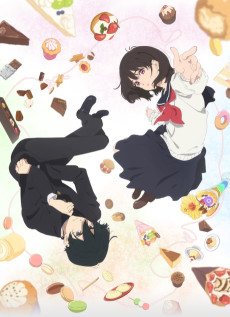 ANIME MysteryShoushimin Series
ANIME MysteryShoushimin Series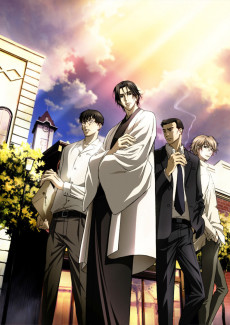 ANIME MysteryMouryou no Hako
ANIME MysteryMouryou no Hako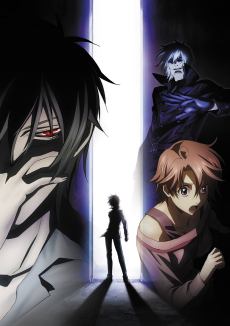 ANIME HorrorShinrei Tantei Yakumo
ANIME HorrorShinrei Tantei Yakumo ANIME ComedyKyokou Suiri
ANIME ComedyKyokou Suiri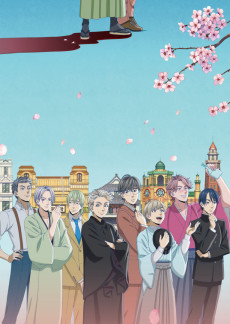 ANIME MysteryKitsutsuki Tantei Dokoro
ANIME MysteryKitsutsuki Tantei Dokoro
SCORE
- (3.05/5)
TRAILER
MORE INFO
Ended inJune 23, 2025
Main Studio 100studio
Trending Level 1
Favorited by 36 Users
Hashtag #中禅寺先生 #CHUZENJISENSEI


